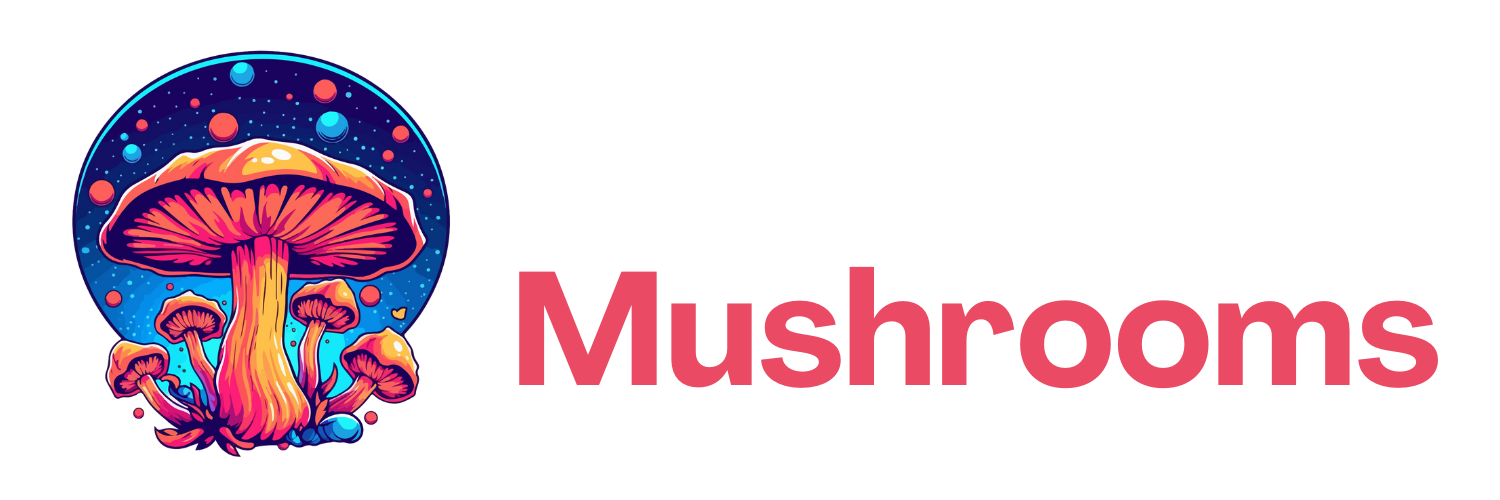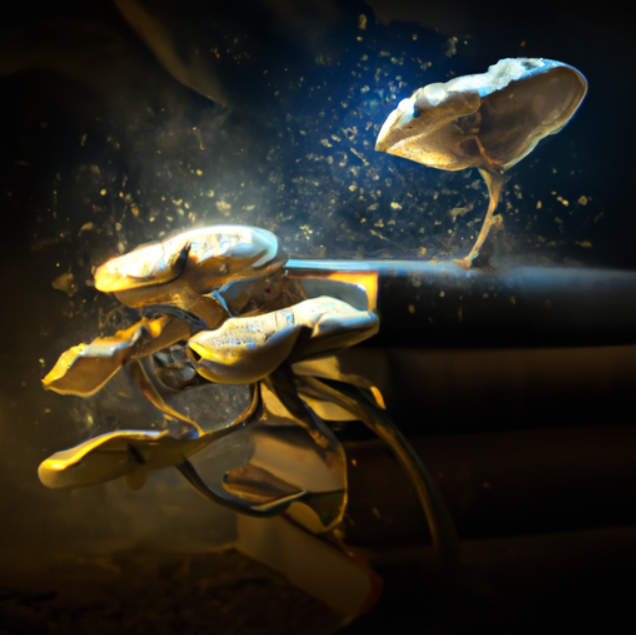In the intricate mosaic of human history, few threads are as fascinating and enigmatic as the presence of psilocybin-containing mushrooms. Journey with us through time as we explore the profound impact of psilocybin on human evolution, unlocking the doors of perception and unraveling the symbiotic relationship that has shaped the course of our cognitive development.

Ancient Encounters: Psilocybin and Shamanic Traditions
Psilocybin-containing mushrooms have deep roots in the cultural and spiritual practices of indigenous societies around the world. From the Aztecs' use of Psilocybe mexicana in religious ceremonies to the rituals of the indigenous peoples of Central Africa involving Psilocybe cubensis, these mushrooms have been revered as sacred gateways to the divine.
The Stoned Ape Theory: Terence McKenna's Visionary Hypothesis
In the late 20th century, philosopher and ethnobotanist Terence McKenna proposed the "Stoned Ape Theory," suggesting that the consumption of psilocybin mushrooms played a pivotal role in the evolution of human consciousness. McKenna theorized that early hominids' consumption of psilocybin-containing mushrooms catalyzed cognitive leaps, enhancing problem-solving abilities and contributing to the development of language and self-awareness.
Cognitive Enhancement and Neuroplasticity: A Psychedelic Renaissance
Modern scientific research is shedding light on the neurobiological mechanisms through which psilocybin exerts its effects. Studies suggest that psilocybin promotes neuroplasticity, fostering new neural connections and enhancing cognitive flexibility. These findings align with the notion that the historical use of psilocybin may have contributed to the adaptive cognitive processes that shaped human evolution.
Connecting with Nature: Psilocybin and Ecopsychology
Beyond its cognitive implications, psilocybin fosters a profound sense of interconnectedness and ecological awareness. Advocates argue that the historical use of psilocybin may have instilled a deep reverence for nature, influencing our ancestors' ecological practices and reinforcing a harmonious relationship with the natural world.

The Psychedelic Renaissance: A Continuation of the Journey
As we stand on the precipice of a psychedelic renaissance, exploring the therapeutic potential of psilocybin in the treatment of mental health disorders, we continue the journey our ancestors embarked upon. Psilocybin's historical significance extends beyond its entheogenic properties, touching the very fabric of our evolutionary story and inspiring a contemporary exploration of consciousness and healing.
In the dance between science and spirituality, the historical significance of psilocybin emerges as a profound force that has shaped the human experience. As we continue to unravel the mysteries of this psychedelic ally, we find ourselves not only exploring altered states of consciousness but also rediscovering the timeless connection between humans and the extraordinary fungi that have accompanied us on our evolutionary odyssey.



Share:
Amanita Muscaria: A Different Path to Altered Consciousness
Psychedelic Trip Prep: A Whimsical Guide